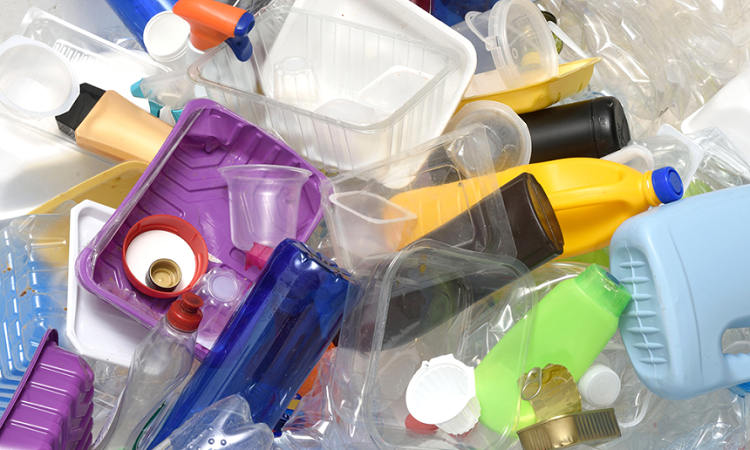Scientists from various educational institutions warned, it is necessary to accelerate the process to recycle plastic waste and reduce polymers located in landfills and garbage piles around the world. This requires investment in infrastructure and collaboration between government and industrial sectors, indicated the REMADE Institute, a platform for industrial development and green technologies based in the United States.
According to a study published by the journal Science Advances, a quarter of the plastic waste in the world is recycled, mainly those that come from bottles and food containers. Polyethylene terephthalate (PET) is the most recycled plastic industrially. Mountains of non-recycled plastics in landfills are among the main threats of pollution and impact on the carbon footprint, they said.
The processes to separate recyclable plastics from landfills are arduous and inefficient, the methods of which can lead to further pollution. According to the US Environmental Protection Agency, in 2018 the United States recycled 3 million tons of plastics among the 27 million tons available for recycling. The department of chemical engineering of the University of Pittsburgh added, this problem has global reach, since in a year only 9% of the 6.3 billion tons of plastic waste are recycled in the world; while 12% are incinerated or dissolved with aggressive chemicals, and 80% end up in bodies of water or unregulated landfills.
Likewise, polymers that remain in contact with the environment generate another important problem for public health: microplastics. According to the study in the journal Science, in the United States alone, rain distributes 1,000 metric tons of plastic per year. Research specialists indicated, this phenomenon is known as plastic rain, and is generated due to microscopic pieces of polymers that result from the erosion of plastic waste.
Chemists involved in the initiative to reduce and recycle plastics from landfills indicated, the first step to an efficient system is to build smart plastics separation facilities. Geoffrey Coates, an academic at Cornell University, commented that automated machinery with the ability to separate types of plastics should be implemented, without requiring constant human supervision. “Mixing plastics from the same object, such as a shampoo bottle, can result in a brittle and useless material,” he added.
Faced with the difficulties of responding to the mountains of polymers in international landfills, which generate billions of tons of microplastics a year, it is essential to mitigate their growth. Along with facilities tasked with separating plastics, it is important to build a supply chain that relies less on the use of plastics, Science Advances specialists reported.




